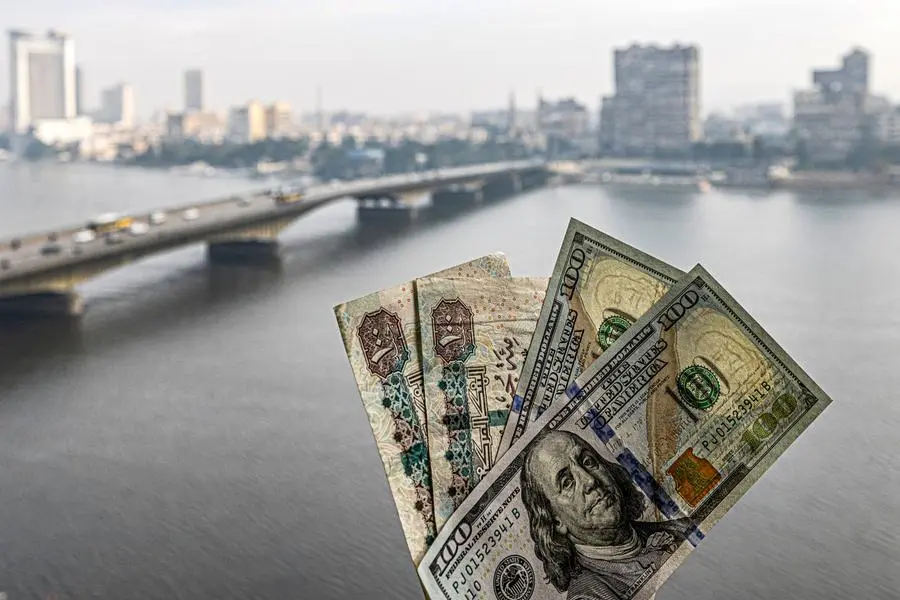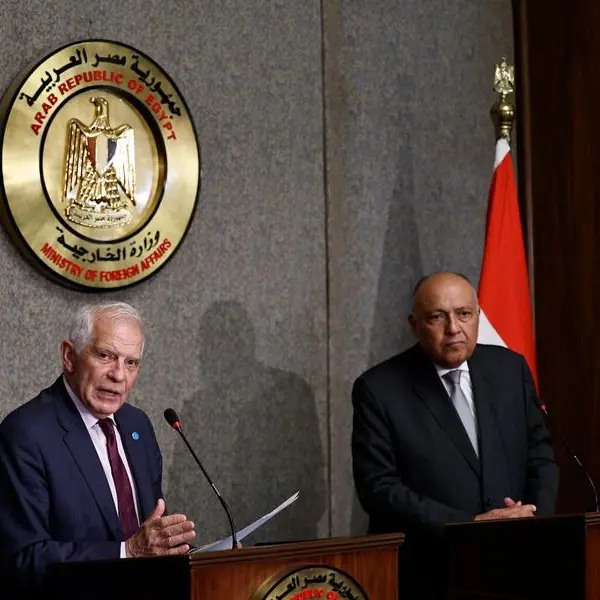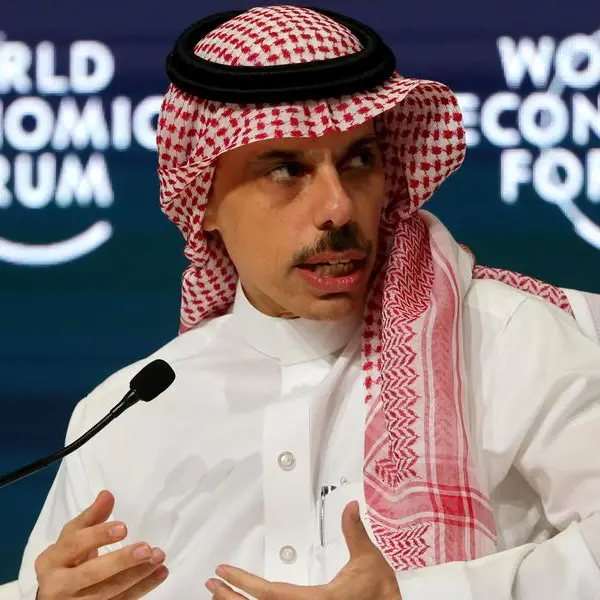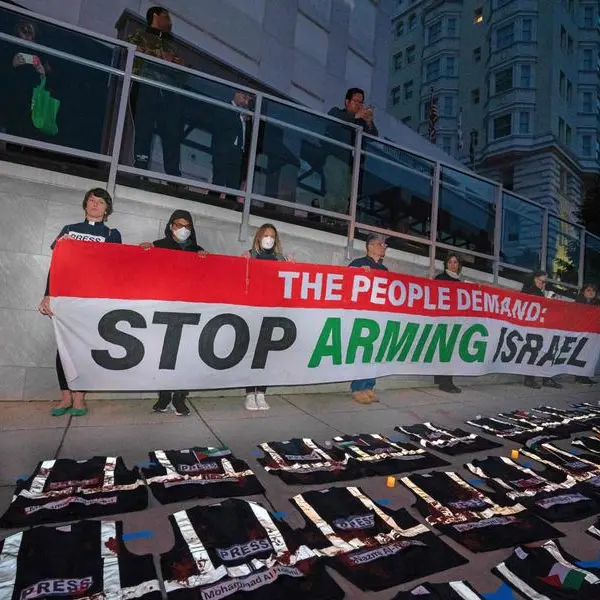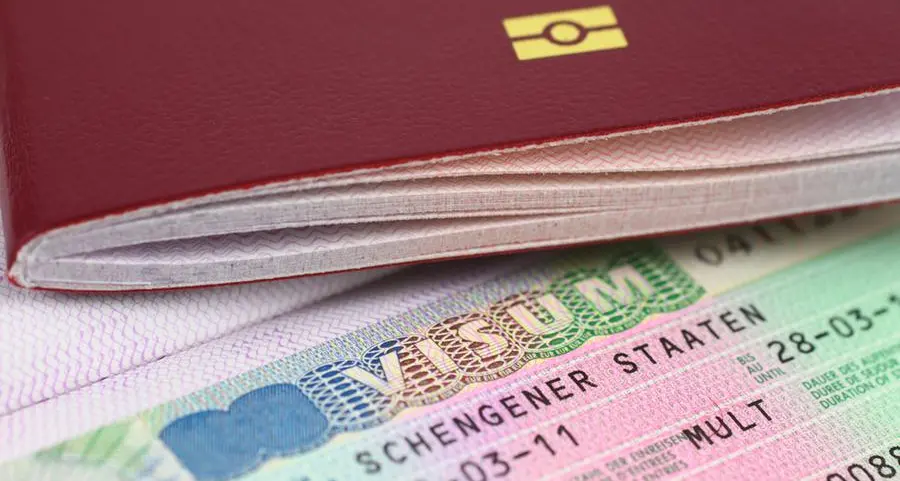PHOTO
The Egyptian pound has witnessed a remarkably rapid depreciation in the parallel market losing more than 15% of its value in two weeks, a development that experts relate to the uncertainty triggered by the Hamas-Israel conflict.
On Thursday, the pound hit a new trading low at nearly 47 against the greenback on the black market, where the exchange rate had stabilised around 40/dollar for several weeks until the war kicked off. Meanwhile, the official rate remains at 30.9/dollar.
“The weakening of the pound in the parallel market over the past two weeks likely reflects expectations and speculation regarding a potential adverse impact of the Gaza war on Egypt’s balance of payments,” Farouk Soussa, an economist with Goldman Sachs told Zawya. “The concern is that higher oil prices and lower tourism revenues will exacerbate the FX shortages we have seen over the past 18 months.”
The ongoing war in Gaza comes at a time where the Egyptian economy is still struggling to reel out of the economic ordeal caused by consecutive external shocks including the global pandemic and the Russian war on Ukraine. In recent years, the government has been grappling with a widening financial gap, dwindling foreign reserves and a pressing forex shortage.
On Wednesday, IMF managing director Kristalina Georgieva warned that the conflict in Gaza would worsen the economic situation in neighbouring countries including Egypt, Jordan and Lebanon.
Soussa warned that the sharp depreciation of the pound might exacerbate inflationary pressures since a portion of the economy prices off the local market. In September, Egypt’s annual urban consumer price inflation reached a historic high of 38%.
“The only way to counter or stop this depreciation on the parallel market is to either make the official exchange rate free-floating or devalue the official rate,” Pieter du Preez, an economist with Oxford Economics told Zawya.
Since January, Egyptian regulators have pegged the pound to 30.9 against the dollar in the official market. This policy has contradicted the terms of the agreement signed last year with the IMF, where Egyptian regulators pledged to commit to a flexible exchange rate in return for a $3 billion loan.
The resistance to devalue the pound has prompted the IMF to delay its first review, initially scheduled for March 2023, and hence the disbursement of the second tranche of the assistance package.
It is widely believed that the government is holding off on any further depreciation of the pound until after the presidential poll-slated for December for fear of social unrest.
“During the volatile economic environment in Egypt, it is difficult to pinpoint the true value of the Egyptian pound at this moment,” said du Preez. “Nevertheless, we see the currency close to the 40-mark by the end of 2024.”
Meanwhile, the local media reported this week that Egyptian regulators were in the midst of talks with the UAE and Saudi Arabia to secure fresh deposits of $5 billion as a quick fix to the pressing forex crunch.
“It will definitely help to buffer reserves and it can go some way to lower default probabilities over the medium term. But it still does not take away from the fact that the government needs to follow the guidelines as set out by the IMF to successfully unlock multilateral disbursements, while making the economy more resilient to external shocks in the future,” du Preez added.
In recent years, oil-rich Arab countries have constantly extended a lifeline to Egypt in the midst of every major economic crisis. The total amount of Arab countries’ deposits with the Central Bank of Egypt has reached $29.9 billion, which constitutes almost 87% of Egypt’s foreign reserves. The amount is divided between long-term and short-term deposits which are usually rolled over at maturity.
(Editing by Seban Scaria seban.scaria@lseg.com )
